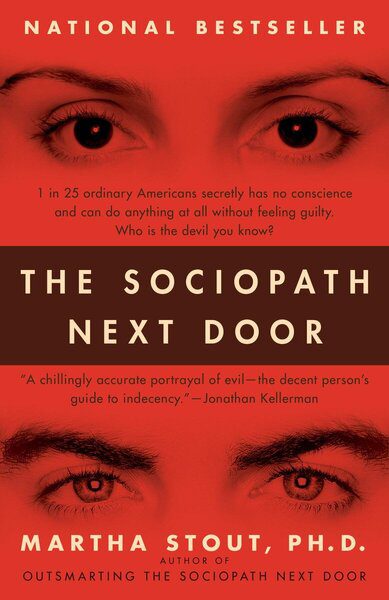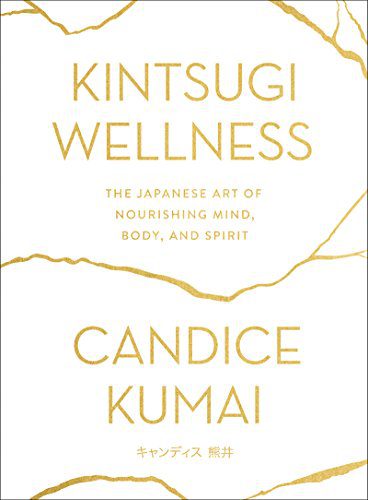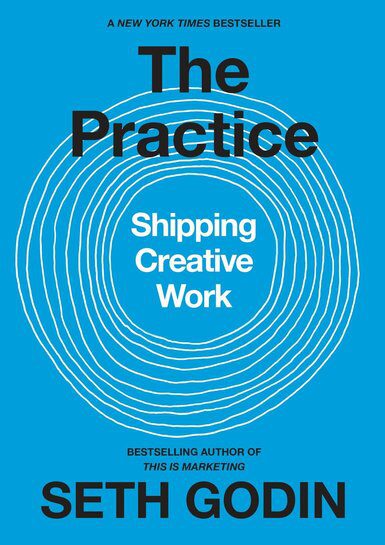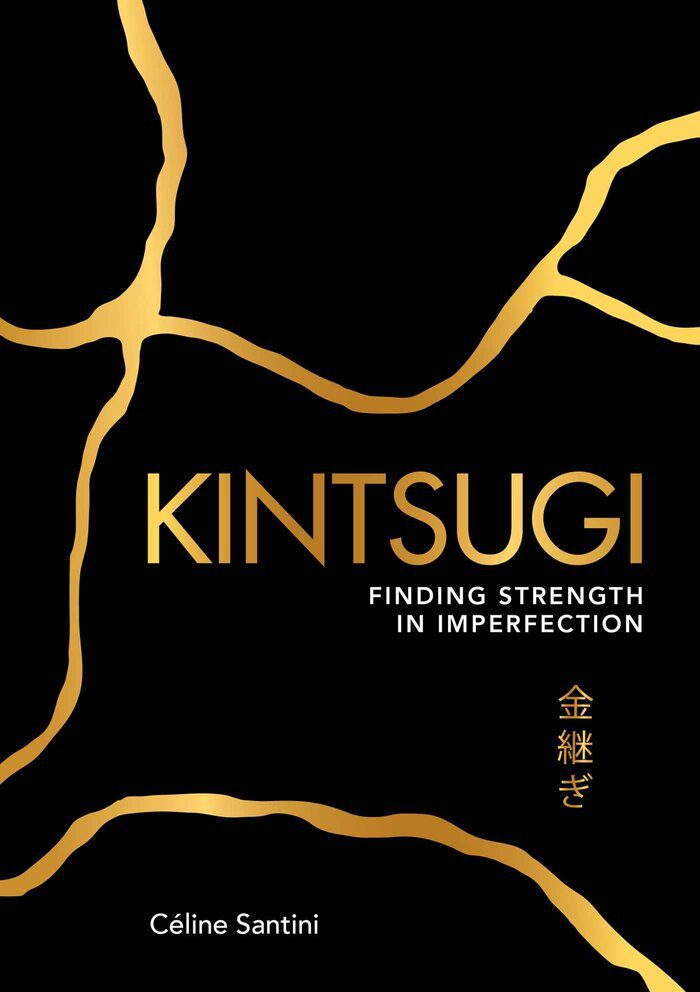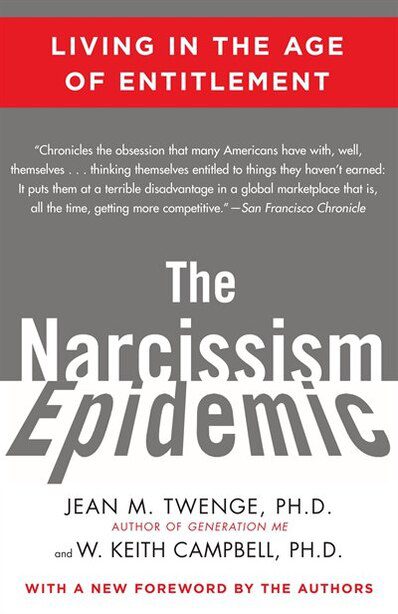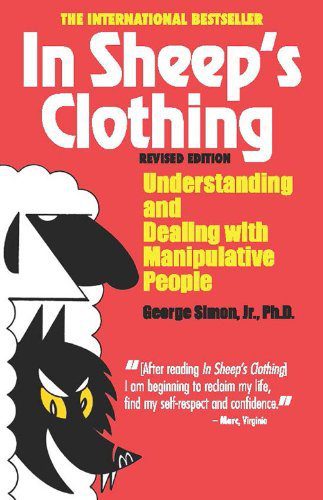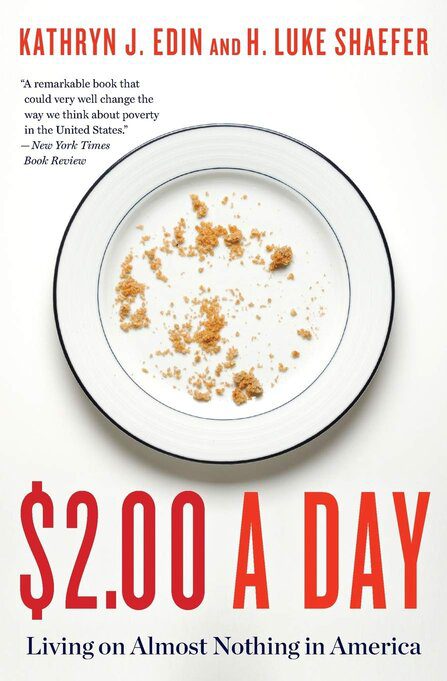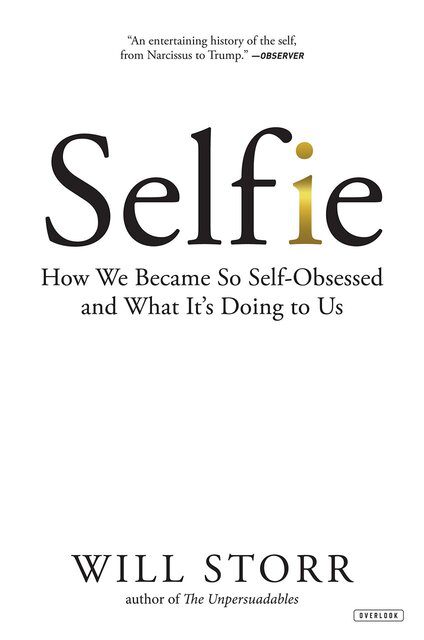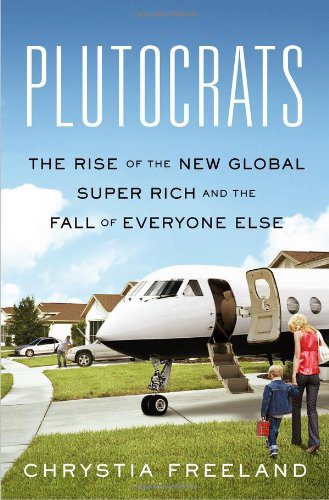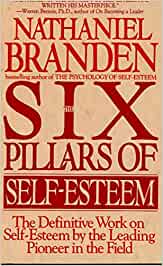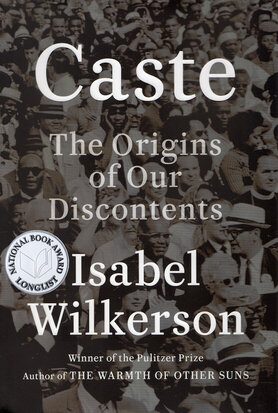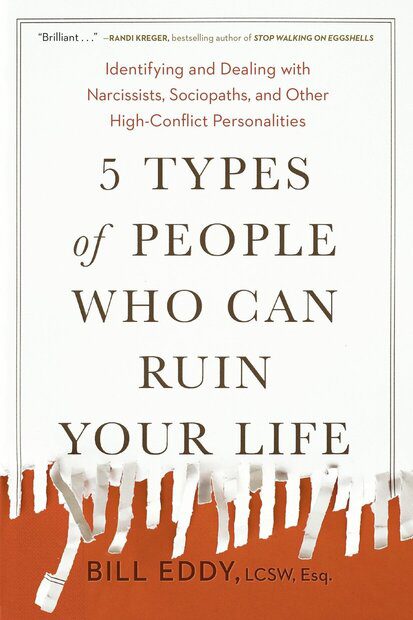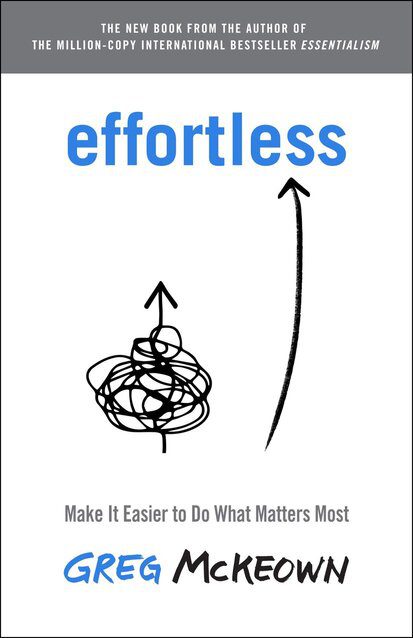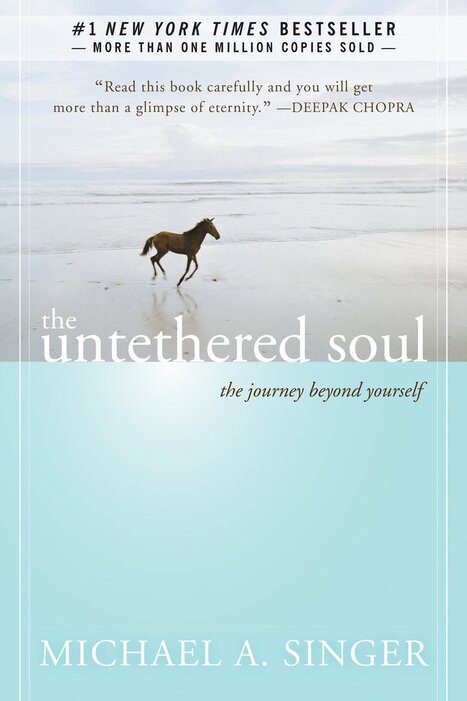There are more sociopaths among us than people who suffer from the much-publicized disorder of anorexia, four times as many sociopaths as schizophrenics, and one hundred times as many sociopaths as people diagnosed with a known scourge such as colon cancer.
We are accustomed to think of sociopaths as violent criminals, but in The Sociopath Next Door, Harvard psychologist Martha Stout reveals that a shocking 4 percent of ordinary people—one in twenty-five—has an often undetected mental disorder, the chief symptom of which is that that person possesses no conscience. He or she has no ability whatsoever to feel shame, guilt, or remorse. One in twenty-five everyday Americans, therefore, is secretly a sociopath. They could be your colleague, your neighbor, even family. And they can do literally anything at all and feel absolutely no guilt.
“4 percent of the general population has antisocial personality disorder (ASPD, sociopathy, or psychopathy).”
